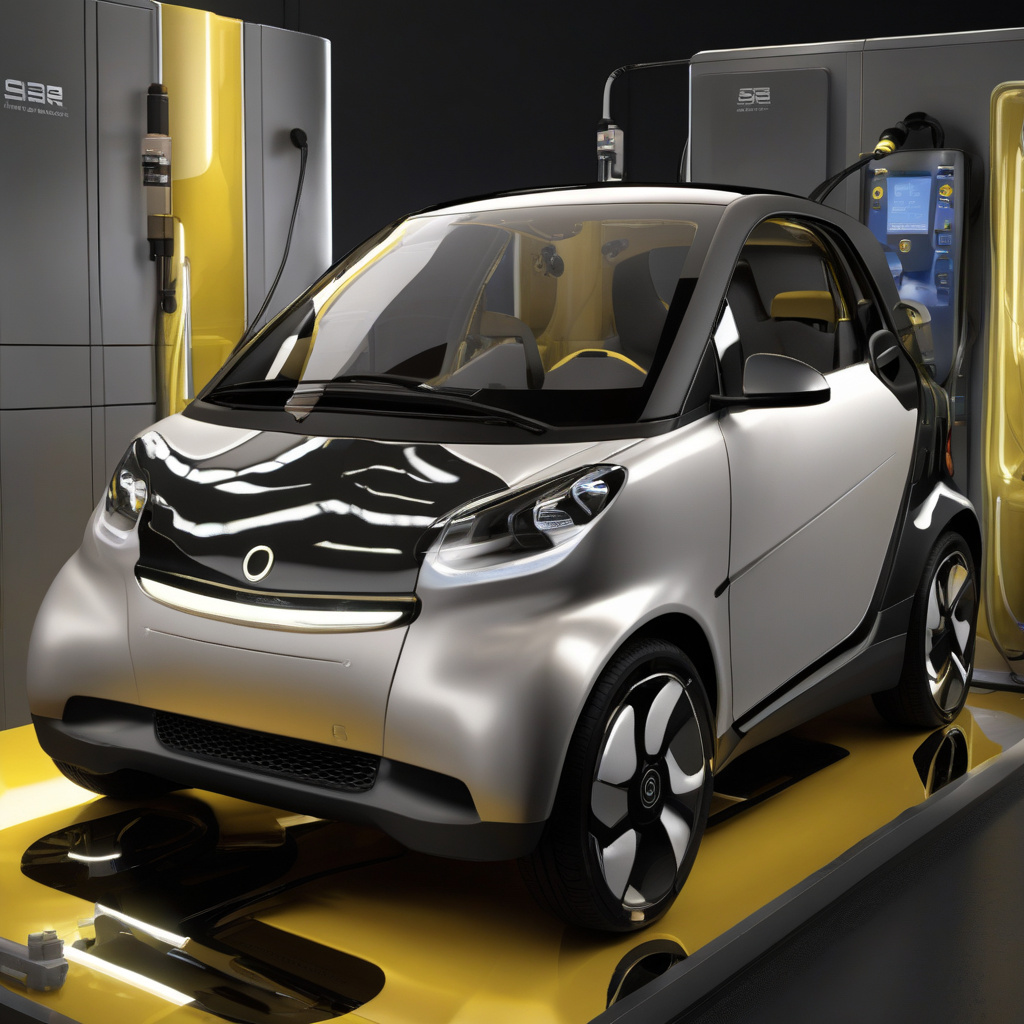Smart Coating Revolutionizes Lithium-Sulphur Batteries for Electric Vehicles
Car manufacturers and energy companies are eager to adopt lithium-sulphur (Li-S) batteries. They promise more energy density, lower costs, and reduced environmental impact compared to traditional lithium-ion batteries. However, one of the significant challenges with Li-S batteries has been their short lifespan and issues with weight. Now, a groundbreaking solution in the form of smart coatings is poised to revolutionize Li-S batteries, making them last up to five times longer while also significantly reducing pack weight for electric vehicles (EVs).
The key to this innovation lies in the development of a smart coating that addresses the main issues plaguing Li-S batteries. By applying a thin layer of protective coating to the electrodes, researchers have been able to stabilize the battery chemistry, prevent the loss of active material, and improve overall performance. This breakthrough not only extends the lifespan of Li-S batteries but also enhances their energy efficiency, making them an even more attractive option for EV manufacturers looking to improve driving range and battery longevity.
One of the most significant advantages of smart-coated Li-S batteries is their potential impact on the electric vehicle market. With the automotive industry shifting towards electrification to reduce greenhouse gas emissions, the demand for high-performing, long-lasting batteries has never been greater. By offering a solution that not only increases battery life but also reduces weight, smart-coated Li-S batteries could help accelerate the adoption of electric vehicles on a global scale.
In addition to the automotive sector, smart-coated Li-S batteries also hold promise for other applications, such as grid energy storage and portable electronics. The combination of longer lifespan, higher energy density, and lighter weight makes these batteries versatile and well-suited for a wide range of uses beyond EVs. Energy companies are particularly interested in leveraging this technology to improve the efficiency and reliability of renewable energy systems, further driving the demand for smart-coated Li-S batteries.
As with any emerging technology, there are still challenges to overcome before smart-coated Li-S batteries can be widely commercialized. Issues such as scalability, cost-effectiveness, and compatibility with existing battery manufacturing processes will need to be addressed to ensure a smooth transition from research labs to mass production. However, the potential benefits of this technology far outweigh the current hurdles, making it a promising avenue for future development in the battery industry.
In conclusion, the introduction of smart coatings for lithium-sulphur batteries represents a significant step forward in the quest for more efficient, sustainable energy storage solutions. By extending battery life, reducing weight, and improving overall performance, this innovative technology has the potential to reshape the electric vehicle market and accelerate the transition to a greener, more sustainable future.
smart coatings, lithium-sulphur batteries, electric vehicles, battery innovation, energy storage












